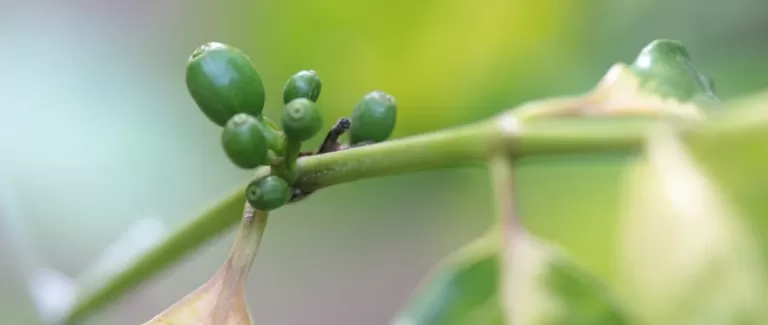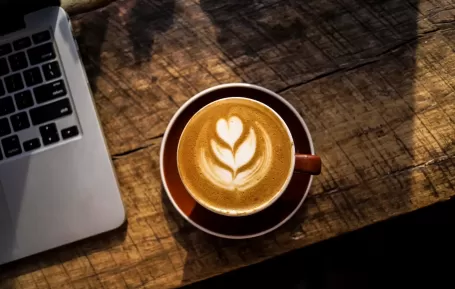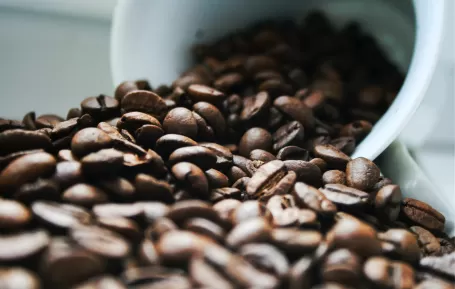Coffee is coffee, right? Well, not exactly. By the time they have been harvested, sorted, roasted and sealed in bags, the different types of coffee beans are fairly indistinguishable by the untrained eye. After grinding them or disguising them in filters and pods, there is no easy way that you can tell the difference just by looking alone. There are actually dozens of different species of coffee plant, but there are only two which will have made it into your morning cup of coffee: Arabica and Robusta. Arabica coffee beans and Robusta coffee beans are the two main types of coffee beans used in popular coffee production.
Arabica Coffee Beans
Arabica coffee, or Coffea Arabica to use its scientific name, is a species of coffee which was first discovered in mountainous forests in Ethiopia. It is widely believed to be the first species of coffee which was cultivated and harvested to make hot beverages. There are actually records of the plant being used as early as the 12th century.
Arabica coffee is known to have a naturally sweeter taste, and tastes much more like a berry than Robusta coffee beans. It is a fruity and sharp coffee, with high levels of acidity and an almost wine-like aftertaste. It is much easier to drink without sugar and is often the preferred choice of species for coffee shops and restaurants.
Robusta Coffee Beans
Robusta coffee beans, by contrast, produce a much harsher coffee. It is much more bitter as the coffee flavour comes through much stronger than with the Arabica bean. This stronger flavour is widely regarded as inferior to the Arabica taste.
Robusta beans tend to be used in ‘cheaper’ coffee as you don’t need as many of them to get the coffee flavour across. Having said this, for hardcore coffee fans, high-quality Robusta can actually be preferred as it has nearly double the amount of caffeine as Arabica beans. It is the preferred choice for making espressos, as this bean can give an intense coffee that cuts through milk.
So if Arabica is such a popular choice, why do we still grow Robusta coffee?
Easier to Grow and Less Expensive
Robusta, as the name suggests, is a very hardy plant. It can grow in a far greater variety of different environments than the Arabica bean, and it is less likely to be affected by insects, diseases, adverse weather conditions and harsh climates. Robusta can bear fruit soon after it grows, producing many berries per plant, whereas the Arabica plant needs a few years before it is fully mature and will never produce as much fruit per plant.
Unsurprisingly, these differences have an effect on the price of the coffee beans. Arabica beans need to be planted in certain conditions, more pesticides must be purchased and used to keep them healthy and you need more space and resources to produce the same number of beans. Arabica is therefore significantly more expensive to buy as a consequence and Robusta plants provide a cheaper, more reliable alternative.
If you buy your office coffee cheaply, it is likely to be a Robusta blend. A large proportion of instant coffee is made using Robusta beans as they are much more commercially viable at low prices. If this is the coffee that you know your staff love then there is no need to check the label next time you purchase coffee.
Make the Right Choice for Your Office Coffee
However, if you’ve been struggling to find the perfect cup for you and your staff, look out for coffee made with Arabica beans next time. It might make all the difference. A decent cup of coffee can have a real impact on productivity and spending the extra few pounds could make for a happier and more productive workforce.
For more advice on the quality on your cup contact us. We love to chat coffee and can even arrange a coffee tasting at your place of work to help you choose your next office coffee.



